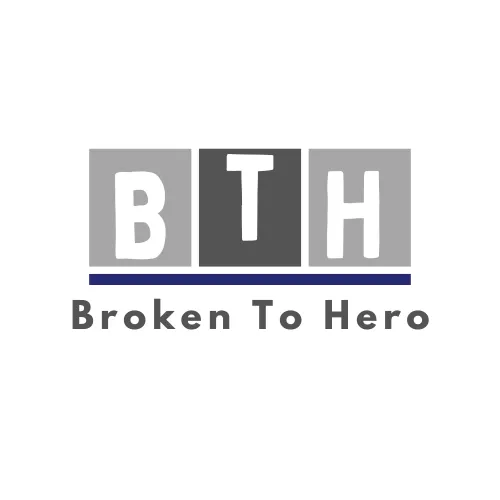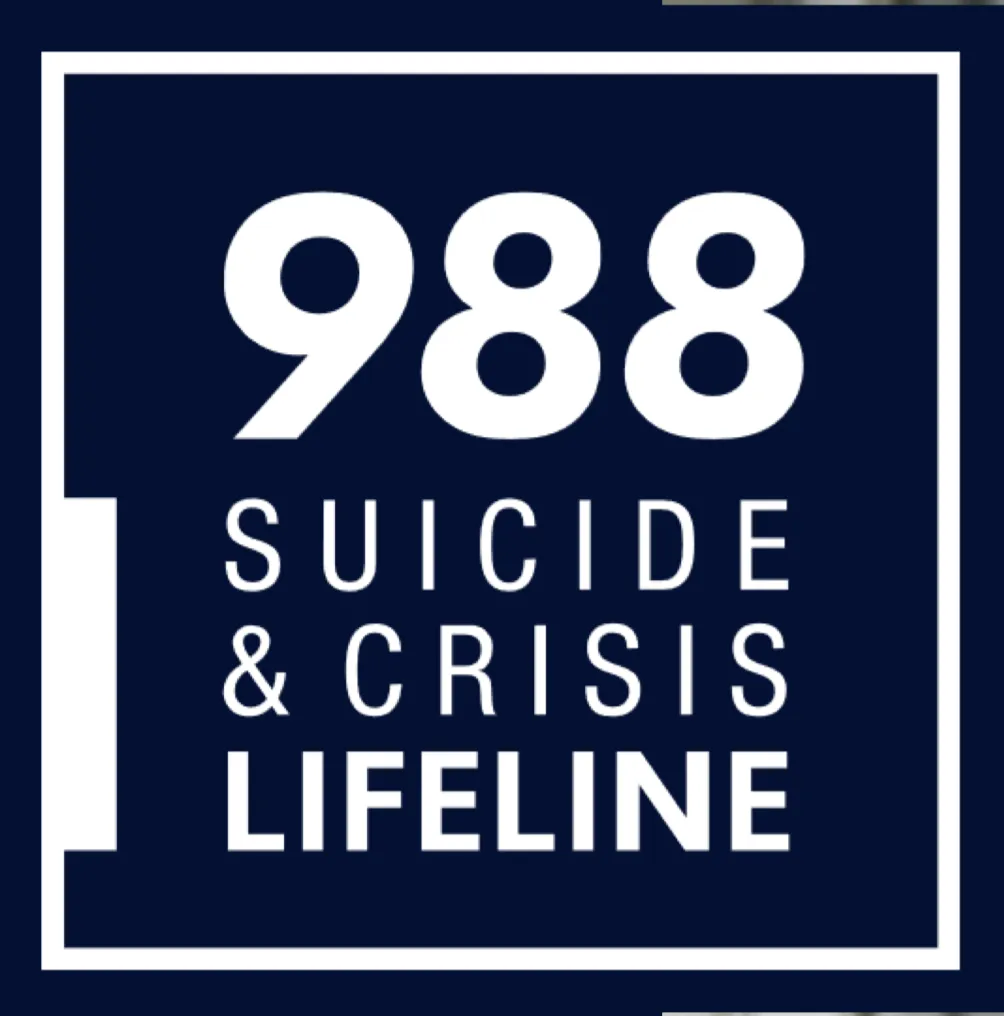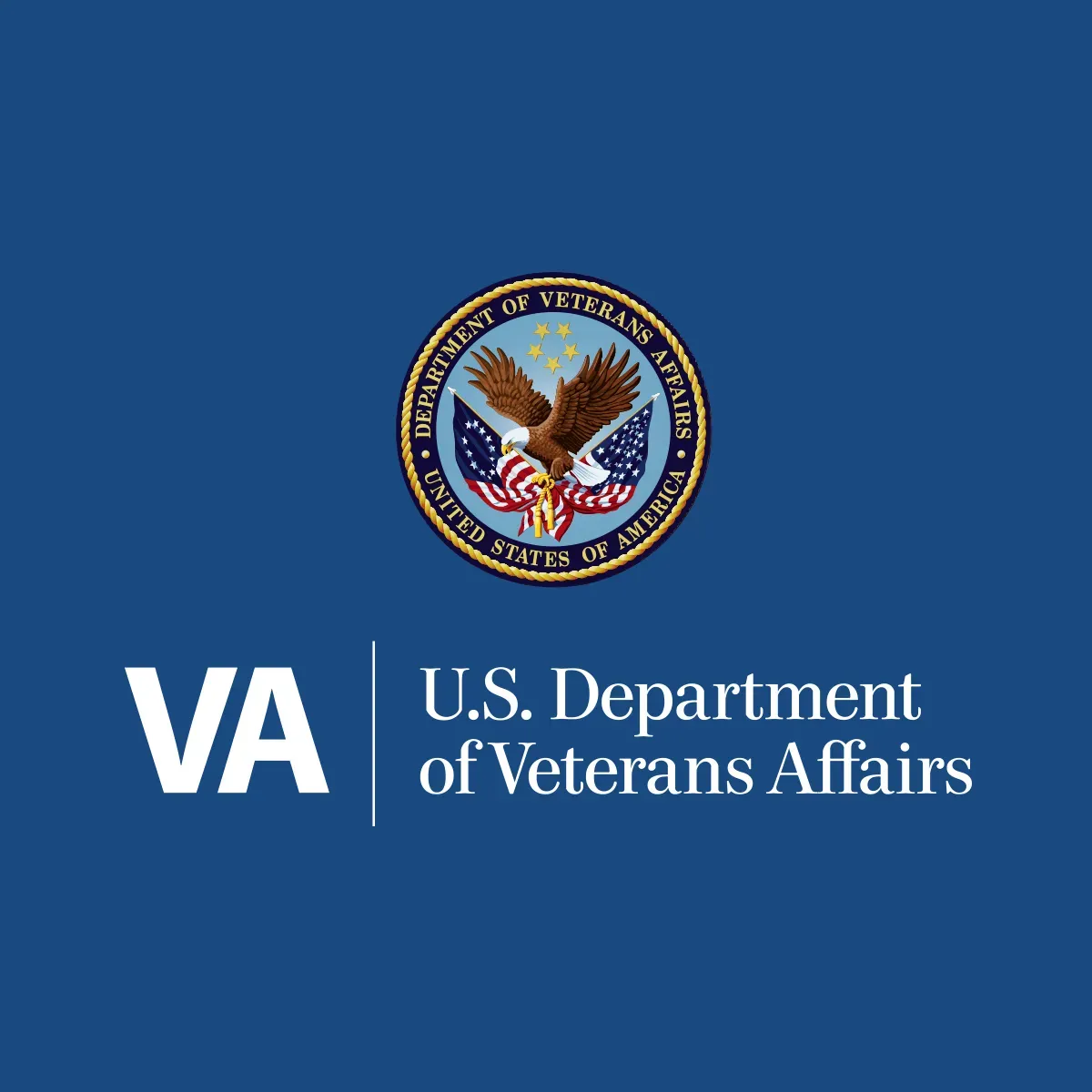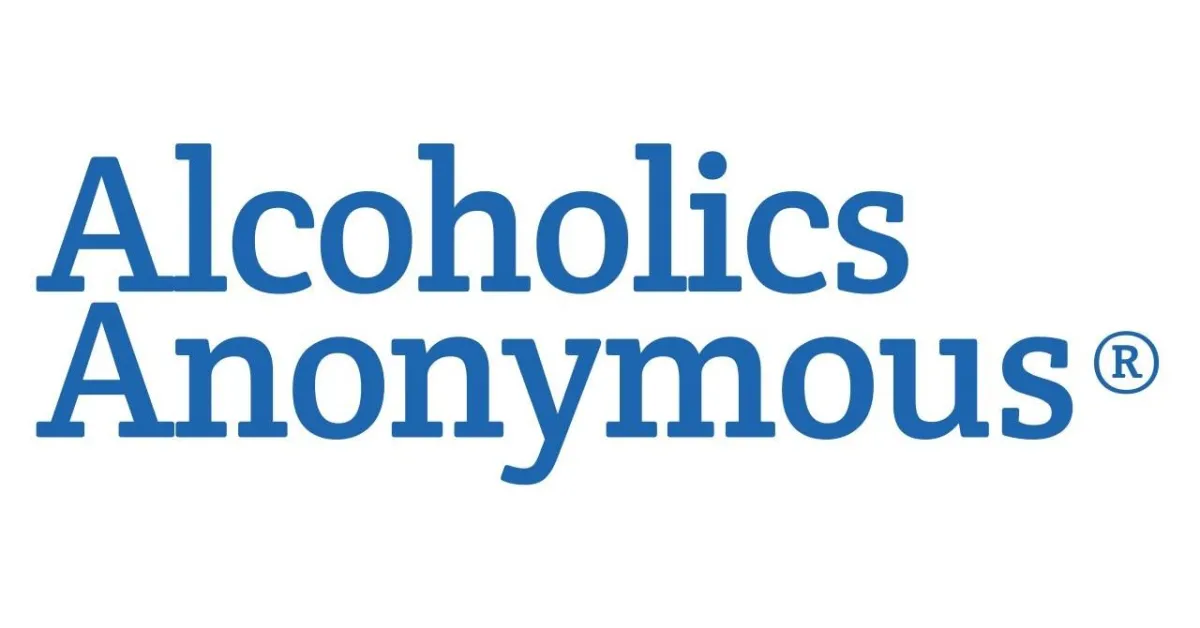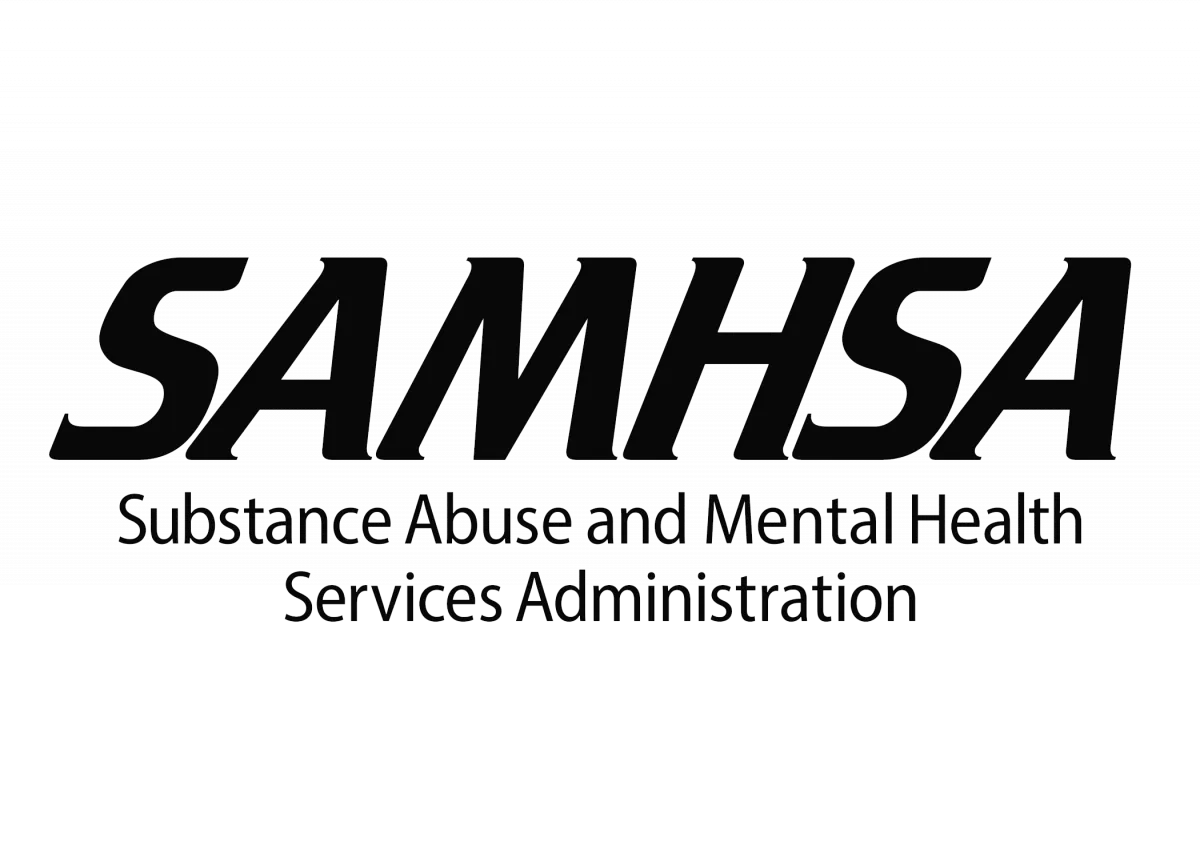FAQS
How does life coaching differ from therapy?
While both life coaching and therapy aim to support personal growth, they have distinct approaches. Therapy typically focuses on addressing past traumas, emotional healing, and diagnosing mental health conditions. On the other hand, life coaching is forward-focused, centered around setting and achieving goals, enhancing performance, and unlocking potential. If you're seeking to overcome specific challenges from your past, therapy might be more suitable. If you're looking to create a roadmap for personal or professional success, life coaching could be the right fit.
How often are coaching sessions conducted?
Coaching sessions frequency can vary based on your needs and preferences. Typically, we recommend starting with weekly sessions to establish momentum and make consistent progress. As you gain confidence and traction towards your goals, sessions might transition to bi-weekly or monthly. The flexibility of our approach ensures that the coaching frequency adapts to your evolving requirements, ensuring optimal support and accountability.
What if I'm unsure about my goals and direction?
It's completely normal to feel uncertain about your goals and direction. Our coaching process begins with an initial assessment where we'll work together to clarify your aspirations, values, and priorities. Through insightful questioning and exploration, we'll collaboratively uncover your passions and potential areas for growth. If you're not entirely sure about your goals, our coaching can help you gain clarity and chart a course that aligns with your authentic self. Remember, the journey towards clarity is an integral part of the coaching process itself.
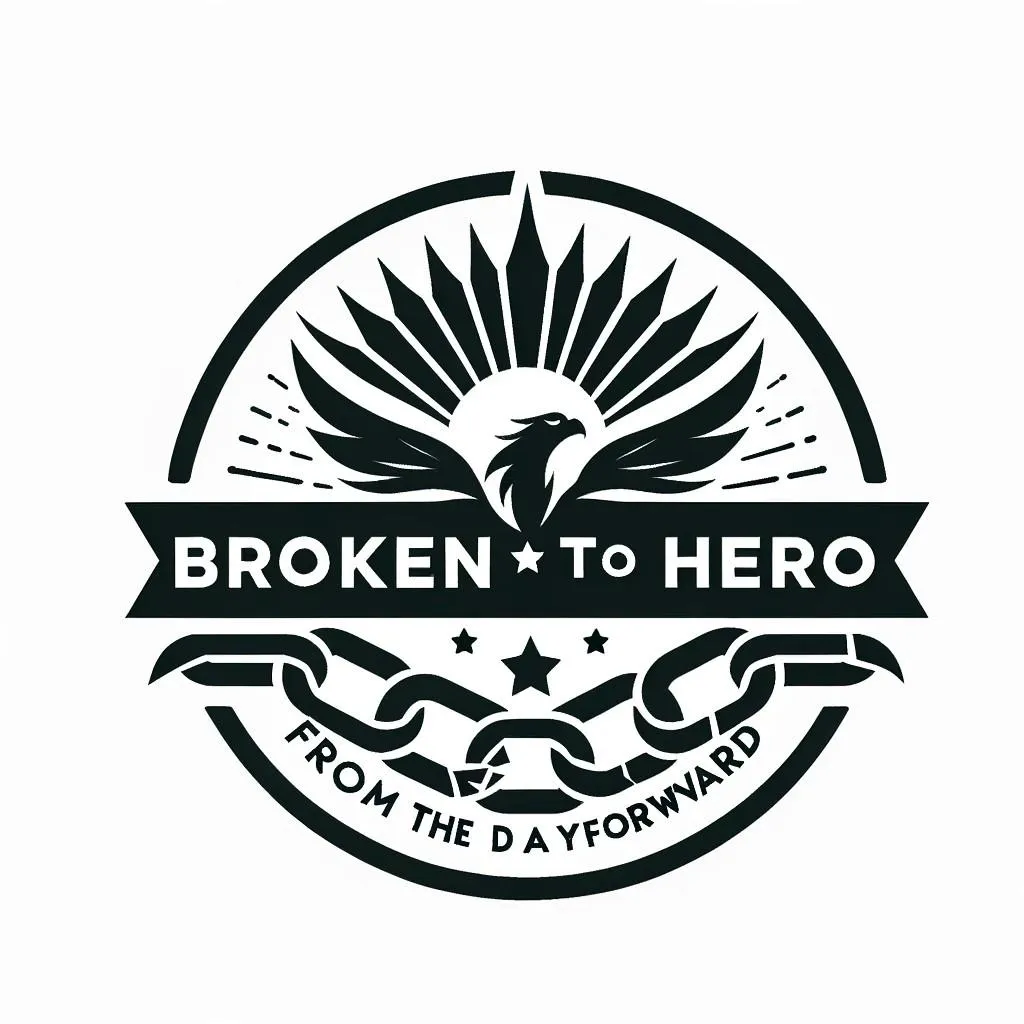
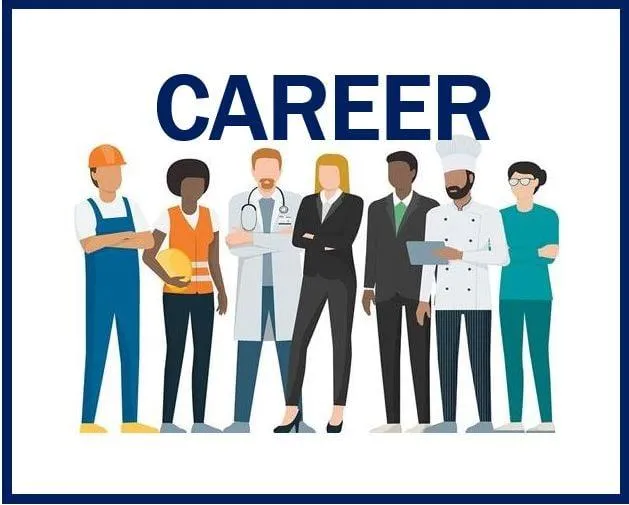
Career transition and employment opportunities for Veterans
Military Veterans possess a unique set of skills and experiences that can translate into a variety of civilian career paths. Here are some good career transition and employment opportunities for military Veterans:
1. Government Jobs
• Federal Agencies: Veterans often have priority hiring status for federal jobs. Agencies like the Department of Veterans Affairs (VA), Department of Defense (DoD), and Homeland Security frequently hire veterans.
• State and Local Government: Opportunities in law enforcement, public safety, and administrative roles.
2. Defense Contracting
• Private Sector Contractors: Companies that work with the military, such as Lockheed Martin, Northrop Grumman, and Raytheon, often seek Veterans for their knowledge and experience.
3. Information Technology (IT)
• Cybersecurity: Veterans with experience in military intelligence or communications are well-suited for cybersecurity roles.
• Network Administration and IT Support: Technical skills learned in the military can transition smoothly into IT roles.
4. Skilled Trades
• Electricians, Plumbers, and HVAC Technicians: Military training in engineering and maintenance can be applied to these high-demand fields.
• Construction Management: Leadership and project management skills are valuable in construction.
5. Healthcare
• Nursing and Medical Technicians: Veterans with medical training can pursue careers in nursing or as medical technicians.
• Physical Therapy and Occupational Therapy: These roles leverage the experience Veterans may have in rehabilitation services.
6. Logistics and Supply Chain Management
• Transportation and Distribution: Veterans' experience in managing logistics operations can transition to civilian roles in transportation and supply chain management.
7. Career transition and employment opportunities for Veterans
Education and Training
• Teaching and Training: Veterans can use their leadership skills to become educators or corporate trainers.
• Vocational Training Instructors: Teaching technical skills at vocational schools or community colleges.
8. Law Enforcement and Security
• Police Officers and Federal Agents: Many law enforcement agencies have programs specifically for veterans.
• Private Security: High demand for security personnel in both the private and corporate sectors.
9. Business and Entrepreneurship
• Starting a Business: Veterans can leverage programs like the Small Business Administration's (SBA) Boots to Business program.
• Franchising: Veterans can take advantage of franchise opportunities that offer discounts and support for veterans.
10. Non-Profit Sector
• Veterans’ Services Organizations: Working for organizations that support veterans.
• Human Services: Roles in social work, counseling, and community outreach.
Resources for Career Transition:
1. Veterans Employment Center (VEC): A comprehensive resource for veterans to find employment opportunities.
2. Hire Heroes USA: Provides personalized job search assistance for veterans.
3. CareerOneStop: Sponsored by the U.S. Department of Labor, offering resources and tools for job seekers.
4. GI Bill Benefits: Utilize education benefits for further training or obtaining certifications.
Networking and Support:
1. LinkedIn: Join veteran-focused groups and connect with fellow veterans in desired career fields.
2. Veteran Service Organizations (VSOs): Groups like the American Legion and Veterans of Foreign Wars (VFW) offer networking opportunities.
3. Job Fairs and Hiring Events: Attend veteran-focused job fairs to meet employers actively seeking veteran employees.
By leveraging these opportunities and resources, veterans can successfully transition to fulfilling civilian careers.
Available Help
988 Suicide and Crisis Lifeline We can all help prevent suicide. The 988 Lifeline provides 24/7, free and confidential support for people in distress, prevention and crisis resources for you or your loved ones, and best practices for professionals in the United States.
The United States Department of Veterans Affairs is a Cabinet-level executive branch department of the federal government charged with providing lifelong healthcare services to eligible military veterans at the 170 VA medical centers and outpatient clinics located throughout the country.
Find A.A. Near You This website does not contain a meeting finder. Contact one of the A.A. resources below for a meeting list in that location and the surrounding area.
The Online Intergroup of Alcoholics Anonymous, or OIAA, is an International service organization established in accordance with the Ninth Tradition of Alcoholics Anonymous A.A., specifically for the purpose of assisting online.
A simple, supportive approach to mental health care. Find a therapist who fits your needs and takes your insurance.
NAMI is the National Alliance on Mental Illness, the nation’s largest grassroots mental health organization dedicated to building better lives for the millions of Americans affected by mental illness.
If you or someone you know has a mental illness, is struggling emotionally, or has concerns about their mental health, there are ways to get help.
The Substance Abuse and Mental Health Services Administration (SAMHSA) is the agency within the U.S. Department of Health and Human Services (HHS) that leads public health efforts to advance the behavioral health of the nation and to improve the lives of individuals living with mental and substance use disorders, and their families.
The National Network of Depression Centers (NNDC) develops and fosters connections among members to use the power of our network to advance scientific discovery, and to provide stigma free, evidence-based care to patients with depressive and bipolar illnesses.
